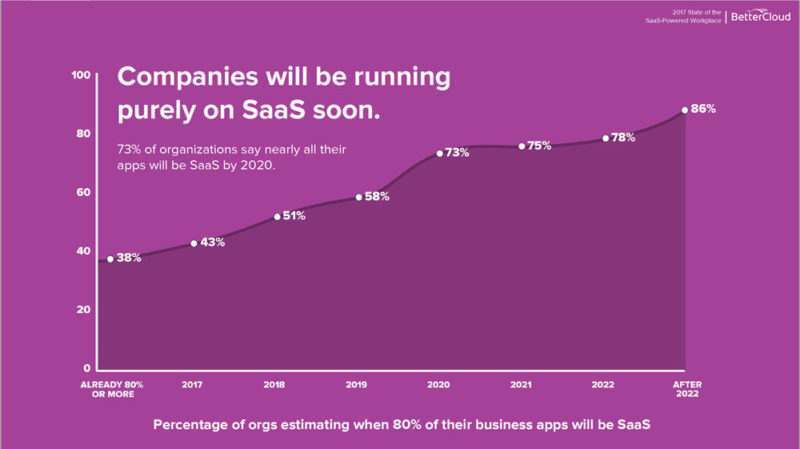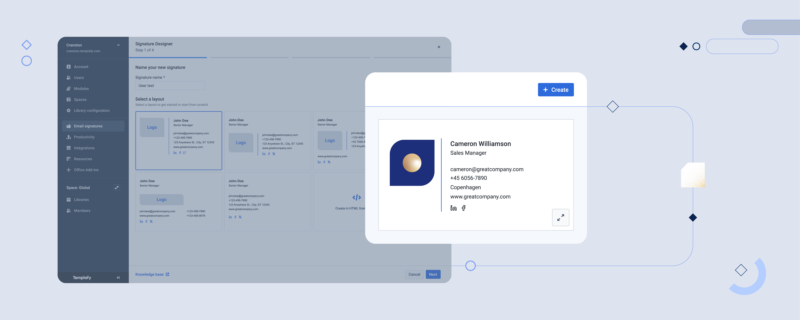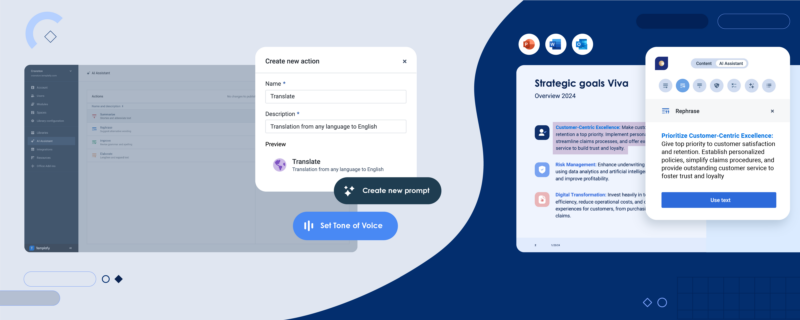Looking to switch over to SaaS? You’re not alone. Current estimates place SaaS market growth at an annual rate of around 21.2% during 2018-23, with providers offering increasingly sophisticated SaaS applications in all sectors from retail to healthcare and education. Currently, the BFSI (banking, financial services and insurance) sector is dominating the SaaS market share.
Looking to switch over to SaaS? You’re not alone. Current estimates place SaaS market growth at an annual rate of around 21.2% during 2018-23, with providers offering increasingly sophisticated SaaS applications in all sectors from retail to healthcare and education. Currently, the BFSI (banking, financial services and insurance) sector is dominating the SaaS market share.

With the global demand for SaaS products booming, there are currently over 19,000 SaaS, PaaS, IaaS companies competing for your business. So, which one do you go for?
While outsourcing software or system as a service gives your business access to a long list of benefits, from increased productivity to reduced IT costs, it also puts a huge amount of trust into the hands of another company. The SaaS buying process is therefore a weighted one, and before signing your customer data over, you need to know exactly what to ask SaaS vendors.
If you’re a business choosing your next SaaS application, here are our four essential questions you need to ask.
What to ask SaaS vendors: Question #1 - How secure is your software?
Diving in at the top concern for most businesses, we start with security questions for SaaS vendors.
Data breaches are still very much an issue across all industry sectors, and giving another organization control over your customer data is understandably unnerving and potentially increasingly costly. According to IBM, the cost of a data breach in 2018 has risen to an average cost of $148 a record and 2018 data breaches affected hundreds of millions of users, hitting companies including the likes of T-Mobile, Quora, Google and Orbitz.
In today’s market, however, keeping data private and secure is what leading SaaS providers do best. Due to a combination of the highest industry regulations and technical advancements, SaaS platforms are often delivering a level of security that businesses themselves simply could not provide. This will become clear after a vendor evaluation which includes the following security questions to ask SaaS vendors:
- What level of security does your software provide?
- What protection techniques are used in your data center to protect our information?
- What happens in a data breach scenario to protect my firm?
- How strong are your levels of data encryptions?
Templafy, for instance, is hosted on Microsoft’s Azure cloud service, which means our SaaS model is protected with the same extreme measures such cloud vendors take to safeguard the data of its clients and users. Rigorously and routinely tested, full physical and electronic contact to cloud services are closely monitored. Microsoft Azure currently boasts more than 20 cloud computing related security compliance certificates (including ISO 27001 and 27801). This is cloud security operating at its highest.
Read next: Answers to your security questions when migrating to the cloud
What to ask SaaS vendors: Question #2 - How will your product fit into our existing ecosystem?
Although subscription based SaaS services are much more cost-effective than on-premise solutions - particularly in regards to upfront costs and maintenance, your budget is going to take a hit if you invest in a SaaS application that does not integrate well with your existing systems.
If your new software doesn’t fit seamlessly into your company’s tech infrastructure, it’s likely that employees will have to switch between applications. This logging in and out of platforms lowers productivity and user adoption, with workers ditching cumbersome processes in favor for those that are less time-consuming.
Vitally, introducing varying approaches to creating, managing and distributing data based on employee preferences also greatly increases security risks. Making sure your new software plays well with others from the get-go ensures your SaaS investment is the right one.
What to ask SaaS vendors: Question #3 - What level of training is needed and will be provided for my team?
Your employees are busy individuals, so asking them to learn and use a new system is no small feat. If that system is too complex, or your team doesn’t have sufficient knowledge of how to use it, user adoption will suffer yet again.
If your SaaS application is adding stress and hours to an employee’s day, it’s likely they’ll start operating outside of your company infrastructure. In-depth, interactive training sessions and easy access to technical support will go a long way in ensuring your SaaS services are making your team’s daily tasks easier and adding value to your business. Ensure training sessions can be scheduled regularly so employees are confident with any system updates as the provider develops their product.
What to ask SaaS vendors: Question #4 - How flexible is our subscription?
One of the huge benefits of a SaaS platform is cost-effective scalability. Compared to on-premise based infrastructures, there are plenty more options on the SaaS market that allow companies to scale their subscriptions up and down depending on how much information is used.
There is, however, varying elasticity in provider scalability. Subscription plan formats differ - whether annual, quarterly or monthly and offer different levels of adaptability for elements such as the number of user profiles and data stored. You know your business best, so make sure you’re opting for a service that will grow with your company and future-proof its offering.
Why Templafy is the answer to all your SaaS questions:
- Templafy is secure: hosted on Microsoft's Azure cloud service, our solution is rigorously tested to ensure that all data is saved in a secure place while still protecting sensitive information. We are fully GDPR compliant, storing minimal client and employee data.
- Templafy plays well with others: Templafy is seamlessly integrated directly into Word, PowerPoint, Excel, and Outlook - so users will never have to leave the Office platform to search for content. Templafy also integrates with the document management systems and digital asset management systems your firm is already using.
- Templafy is easy to use: all Templafy activity is governed through a simple but powerful Admin Center. It’s easy to update and deploy content online without needing to involve IT staff. User-friendly, it allows administrators to manage, publish and authorize access to content company-wide in real-time.
- Templafy training/support: Templafy prioritizes being there for customers. Alongside a sophisticated Help Center, Templafy offers thorough and regular training for your whole team, and our customer services team are always on hand to help and answer any queries you may have. You can watch a short video on how Templafy is implemented into your business here.
- Pay for what you use: At Templafy we believe that you should only pay for what you actually use. That means our subscription prices are calculated on how many users, features and add-ons you need. You can request a free price assessment here.
If you’d like to find out more about what to ask SaaS vendors and how Templafy can provide the SaaS solutions your company needs, just book a meeting via our easy online meeting scheduler:




